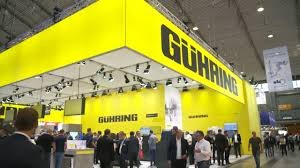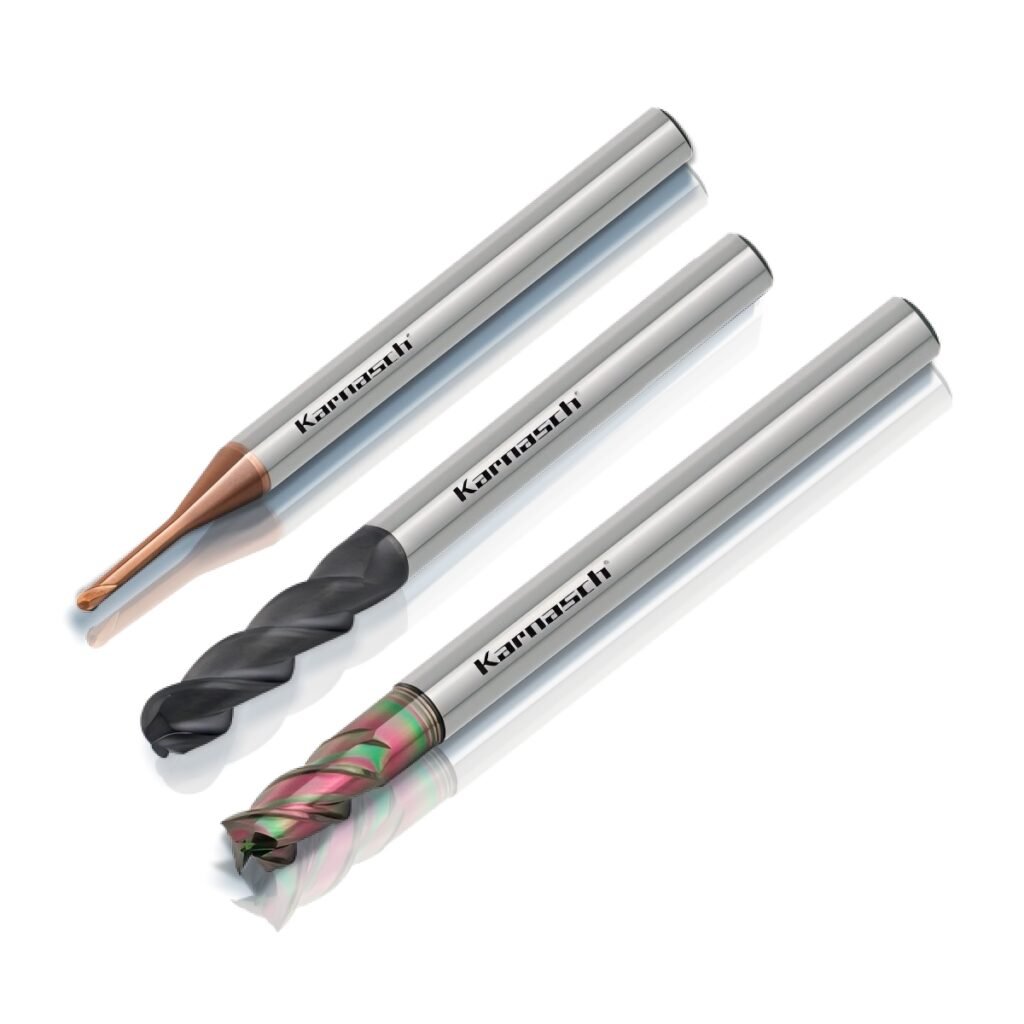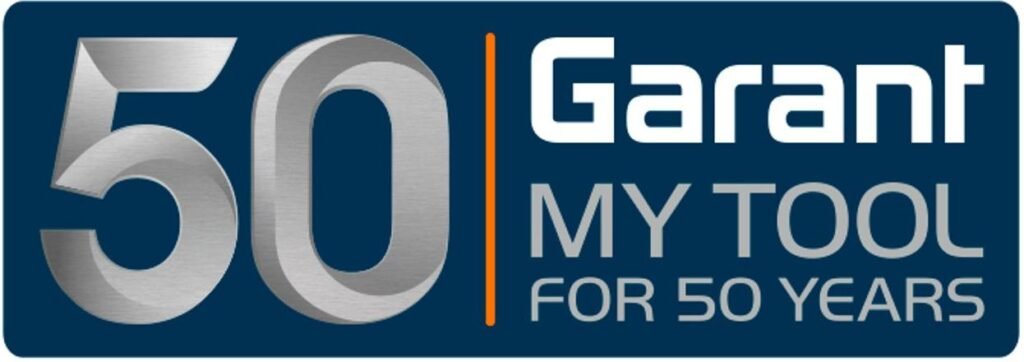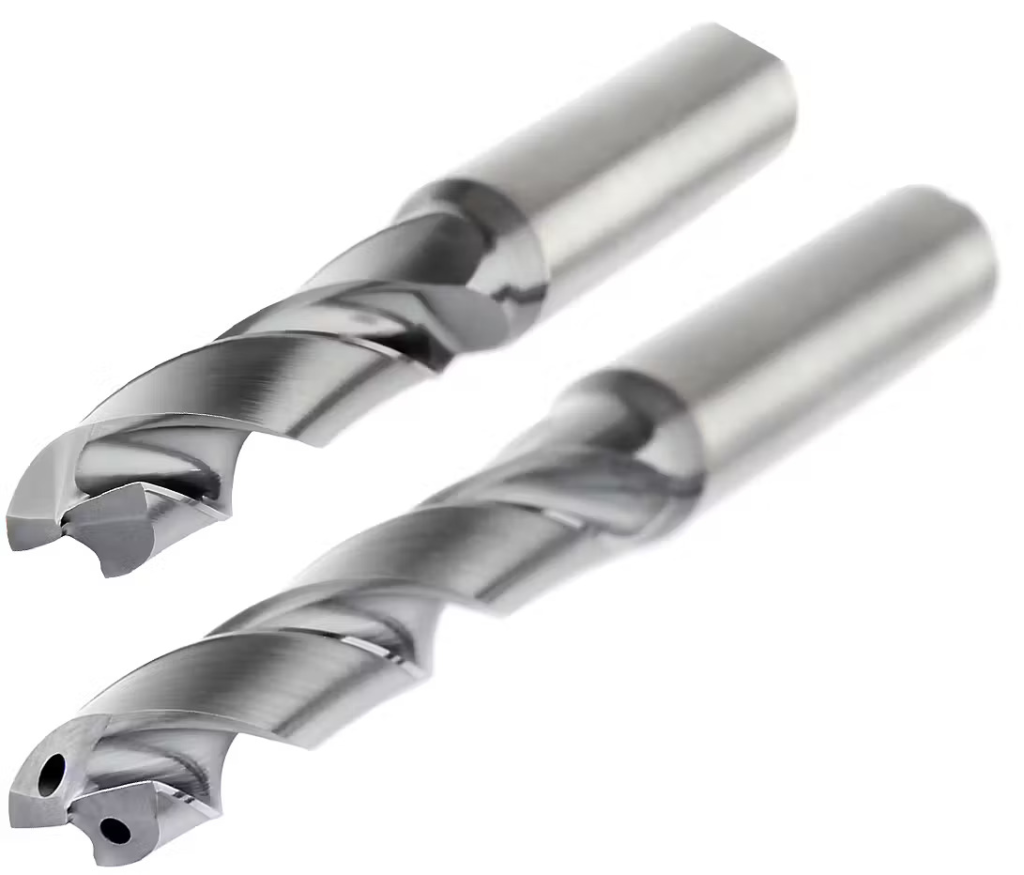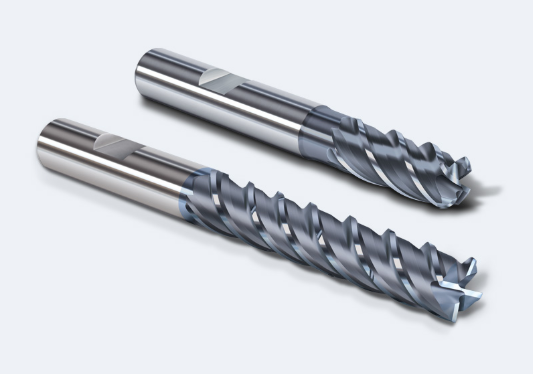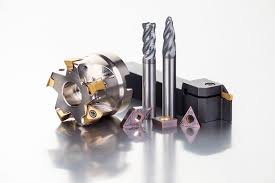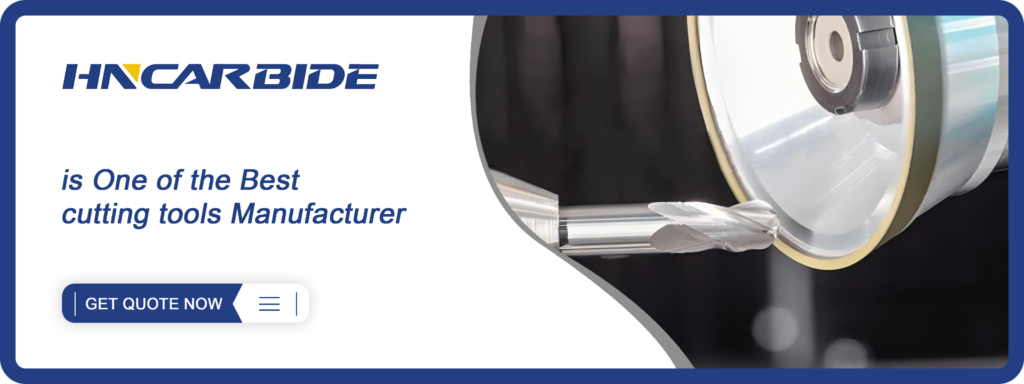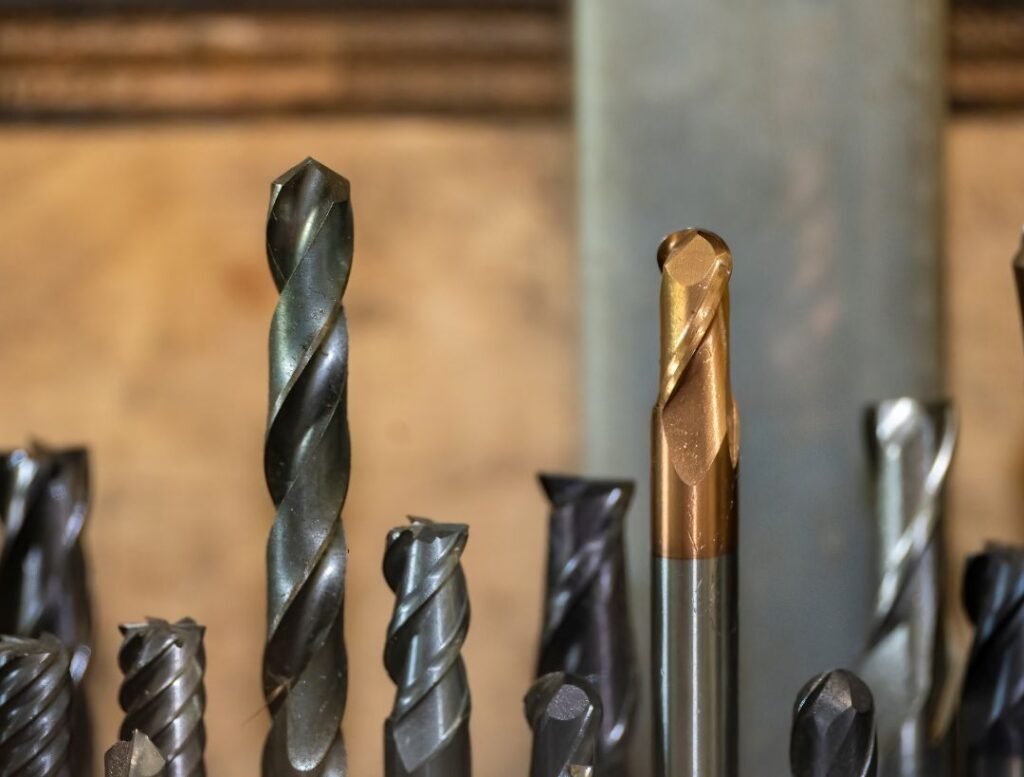Choosing the Right Drill Bit Material in Europe: Cobalt, HSS, and Carbide Explained
Table of Contents
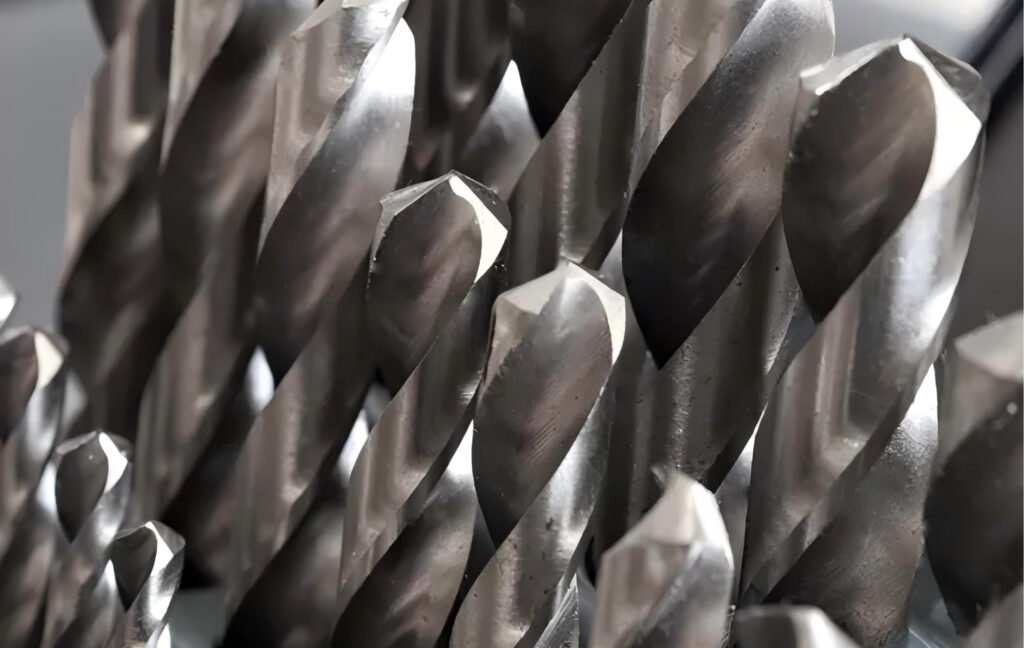
Tool life, cutting speed, and part quality don’t start at the spindle. They start with material choice. In European machining environments where precision and uptime are non-negotiable, choosing the right material for the drill bit is less about preference and more about performance. Often, the difference between a smooth production run and a costly halt will come down to what your drill bit is made of.
In Germany, the UK, and beyond, machine shops are drilling holes in everything from top-notch titanium to cast iron mold bases. This wide range of materials needs careful choices about tools, especially when exact limits, heat stress, and return on investment per tool are part of the daily calculation.
So, how do you choose between High-Speed Steel, Cobalt, and Carbide? Each material brings distinct advantages-from affordability and flexibility to heat resistance and cutting accuracy. Knowing these differences is important for smart sourcing and effective planning on the shop floor.
Why Drill Bit Material Selection Matters
Every part begins with a cut, and that cut begins with a drill bit. In high-output European workshops, the material behind that bit shapes more than just the hole. It affects cycle time, surface finish, machine wear, and tool cost per part. Choosing the wrong bit compounds costs over time through rework, downtime, and premature wear.
A material like high-speed steel may serve well in a light-duty maintenance role, but in aerospace alloys or high-nickel workpieces, its edge won’t last long. Conversely, carbide might outlast ten HSS tools, but using it for a simple aluminium jig might overinflate the budget. It’s about choosing the right one for the job at hand.
European makers are working in places where small limits, thin making, and tool skills are normal. With the rise of machines and fast CNC units, the tools picked must stay up under pressure.
This is why material selection is a performance decision. From 5-way cutting to auto drill-making spots, using the right tool part lowers tool swaps, boosts reliability, and directly helps production goals.
Types of Drill Bit Materials Explained
Drill bits may look similar at first glance, but the material they’re made from defines how they perform, how long they last, and where they belong on the shop floor. In European machining, where materials range from mild steels to aerospace-grade alloys, a one-size-fits-all approach rarely works.
Each drill bit material has properties that make it suitable for specific tasks. Regardless of whether you’re pursuing cost efficiency, edge retention, or high-temperature durability, understanding the composition and capabilities of each option is essential.
Material Comparison Overview
The selection of HSS, cobalt, or carbide is typically based on the performance attributes and application requirements. A quick-reference comparison below helps CNC professionals evaluate the right fit according to tool life, heat resistance, and cost structure:
Feature | HSS | Cobalt | Carbide |
Material Composition | Alloy steel | M35/M42 steel with 5–8% cobalt | Solid or tipped tungsten carbide |
Durability | Moderate | High (especially under heat) | Very high (excellent edge retention) |
Heat Resistance | Low | Good (suitable for friction-heavy drilling) | Excellent (up to 1000+°C cutting temps) |
Rigidity | Flexible, absorbs shock | Tough but more rigid than HSS | Extremely rigid; not tolerant of side load |
Price | Low | Medium | High |
Regrindable | Yes | Yes | Yes (with special equipment) |
Best For | Soft metals, plastics, shop tasks | Stainless, cast iron, titanium | Hardened alloys, composites, CNC production |
Common in EU Shops | General fabrication, MRO | Structural steel, small-run alloy machining | High-speed automated lines, aerospace |
High-Speed Steel (HSS)
High-Speed Steel (HSS) remains a practical choice in many European machine shops. It is known for its balance of cost-effectiveness and flexibility. HSS is commonly used for drilling into mild steels, aluminium, non-ferrous metals, and plastics, especially in low- to mid-speed operations.
Its durability under moderate conditions and ability to handle interrupted cuts make it suitable for older machines, manual setups, and general-purpose drilling. One major advantage is its resharpening potential. Shops with tool grinding capabilities often choose HSS for its extended usable life through repeated maintenance.
HSS performs best when temperatures are controlled. It begins to lose hardness and precision under sustained heat, which limits its use in high-speed or hard-metal applications. In those scenarios, bit life shortens significantly, and edge wear becomes a factor.
Best-fit environments include:
- Maintenance and repair operations
- Prototyping and light fabrication
- Workshops using non-hardened materials
- Manual or semi-automated drilling stations
HSS remains an economical solution where adaptability and upfront savings are preferred over extended tool life or high-feed performance.
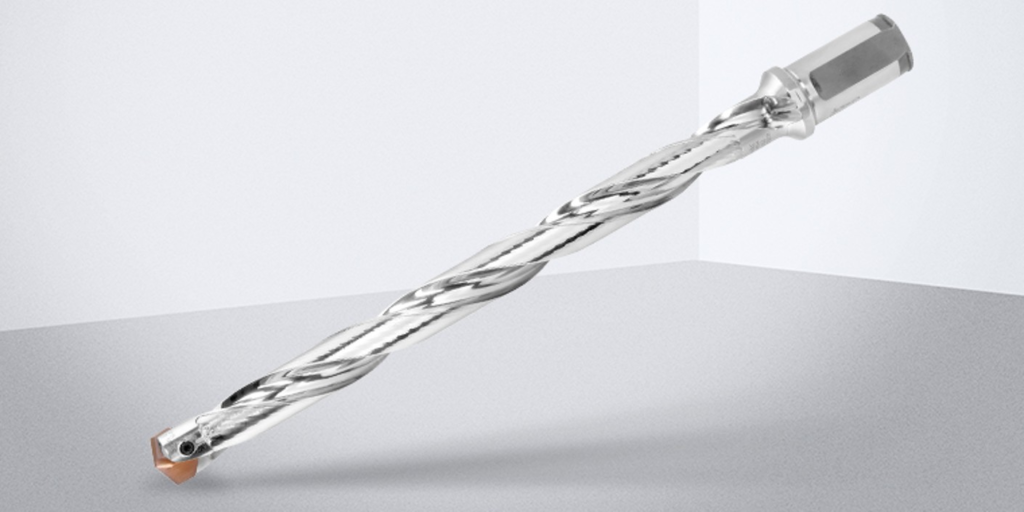
Cobalt Drill Bits
Cobalt drill bits are engineered for demanding conditions, stainless steel, cast iron, titanium, and high-friction applications where standard HSS falls short. These bits are usually made from M35 or M42 steel blends with 5–8% cobalt content, giving them enhanced hardness and heat resistance.
Cobalt offers a reliable balance of durability and toughness in European machining environments where production involves hard-to-cut alloys. The cobalt is integrated throughout the bit, not just coated, so even after resharpening, the tool retains its heat-handling properties.
Cobalt drills excel in:
- MRO settings dealing with stainless and cast materials
- Fabrication shops handling small-batch hard alloy jobs
- CNC machines running intermittent, high-load cycles
- Jobs requiring fewer tool changes without jumping to carbide
While cobalt is more expensive than HSS, it provides a noticeable upgrade in tool life and drilling precision, especially under thermal stress. It’s less brittle than carbide, making it a dependable option for both manual and semi-automated machines.
Across Europe, 3/8 cobalt drill bits are a common choice for steel frame drilling and structural work. In these contexts, cobalt supports consistent throughput without the risk of premature edge breakdown or thermal deformation.
Carbide Drill Bits
Carbide drill bits are built for speed, consistency, and durability, especially in high-volume CNC environments. Composed of tungsten carbide, either solid or tipped, these tools deliver exceptional edge retention and thermal resistance in materials that challenge both HSS and cobalt.
Carbide is the standard in applications requiring:
- Hardened steel or high-nickel alloys
- Dry cutting or high-speed machining
- Aerospace-grade precision and finish
- Tight tolerance drilling in abrasive composites
Carbide’s performance comes from its extreme hardness. It cuts cleanly, holds its edge longer, and resists thermal deformation even at cutting speeds exceeding 1500 m/min. This makes it ideal for automated lines and multi-shift production, where changing tools mid-run adds unnecessary cost and complexity.
However, carbide is less forgiving than cobalt. If misused, especially in handheld or low-rigidity setups, it can chip. This is why shops working with robotic arms, VMCs, or 5-axis machines benefit most from carbide tooling. When used correctly, it minimizes downtime, improves surface quality, and drives ROI through fewer replacements.
Top Drill Bit Brands in Europe
Feature | Guhring | Karnasch | Garant | Fraisa | Dormer Pramet |
Material Focus | HSS, Cobalt, Solid Carbide | Solid Carbide (Aluminum, Steel) | Cobalt, Carbide | Ultra-precision Solid Carbide | HSS, Cobalt, Carbide |
Strength | In-house R&D, full-cycle production | High-speed cutting, advanced geometries | DIN compliance, digital tool management | Micro-tooling, tight tolerances | Broad product range, legacy quality |
Best For | Automotive, general CNC | Aerospace, composites, mold & die | Steel cutting, precision assembly | Medtech, Swiss CNC, high-end finishing | MRO, structural steel, production-grade drilling |
Region Supplied | Across EU and global | EU focus with global export | Germany and pan-European | Western Europe and medical machining sectors | UK, EU, global |
Guhring (Germany)
Guhring is one of Germany’s oldest and most respected names in precision tooling. The company has over 100 years of experience in vertically integrated manufacturing. It makes its carbide bases, coatings, and shapes all in-house. This gives them total control over quality, performance, and consistency across their HSS, cobalt, and solid carbide drill bits.
Their product line is broad, covering everything from basic HSS twist drills for general machining to advanced carbide micro-drills engineered for tight-tolerance applications. Many of their tools meet or exceed DIN and ISO standards, making them a go-to for compliance-focused machining environments.
Guhring tools are picked for their toughness, availability, and advanced shapes in European factories, especially in car making, big machines, and mold building.
Karnasch (Germany)
Karnasch Professional Tools is known all over Europe for its skill in solid carbide tools, mostly for fast, exact cutting. The company’s list includes a wide choice of carbide drills, reamers, and end mills made just for good work in aluminium, hard steel, and mixed materials.
Karnasch drills are designed for extreme feed rates and close tolerances, and therefore, a strong match in the aerospace, mold-making, and automotive sectors. What separates them is the company’s focus on edge geometry and advanced PVD coatings, including AlCrN and DLC, that improve wear resistance while reducing cutting temperatures.
Many shops across Germany and the EU favour Karnasch for CNC applications where tool life, finish quality, and repeat accuracy are non-negotiable. Their drills also come in DIN-compliant dimensions and are supported with technical guidance for optimal use on specific materials and machines.
Garant (Germany)
Garant, Hoffmann Group’s in-house tooling brand, offers cobalt and carbide drills in the DIN standard for virtually all professional industrial applications. Precise ground geometries with true quality throughout the batches make the Garant tooling support manual bench work all the way to automated CNC machining.
These are the drills that have been popularly adopted in the machining of steel, along the assembly line and die work, where the availability and reliability of stock matter. Their AlCrN-coated carbide lines, in particular, perform well in dry machining and high-speed finishing. Combined with Hoffmann’s digital tool data platforms, Garant makes it easy for European shops to spec, track, and reorder cutting tools efficiently.
Fraisa (Switzerland)
Fraisa, a Swiss precision tooling company, is highly reputable across Europe for its top-end solid carbide drills and end mills. Fraisa tools have been engineered for tight-tolerance machining applications, mostly in medical components, aerospace parts, and mold cavities, where finish quality is paramount.
Their drills benefit from advanced coatings like AlCrN and ultra-fine micrograin carbide substrates, giving them the hardness and stability needed for dry cutting and high-speed operations. European CNC teams appreciate Fraisa for its repeatability, edge consistency, and reduced tool wear, especially in 5-axis setups or when working with hardened alloys.
Dormer Pramet (United Kingdom)
Dormer Pramet is a European cutting tool producer whose roots go back more than a hundred years. Their product range covers High-Speed Steel (HSS), cobalt, to solid carbide drill bits, which makes them a good option for general fabrication up to heavy industrial machining.
Generally, the cobalt drills match the M35/M42 specifications. They are best suited for cutting stainless steel, cast iron, and structural alloys with a longer tool life and the retention of the cutting edge. The HSS drills are a major component in their offering and are still highly valued for their low cost and high flexibility in MRO and shop-floor applications.
The Dormer Pramet brand is widely recognised by a variety of small shops and large OEMs. Their tooling is DIN-compliant, readily available, and supported by competent technical assistance; thus, they are a reliable source of products in production environments where the cost of tool changes and the performance of the tool are very significant.
Conclusion
It takes a smart choice of drill bit material to best carry your production goals, machine capabilities, and cost structure into consideration. HSS bits provide a low-cost alternative that can be re-sharpened easily for slower speeds, adaptable jobs, and softer metals. When your work requires stainless steel, cast parts, or long cycle times, cobalt drill bits are more suitable due to their edge retention and heat stability. Moreover, for the high-volume, high-precision CNC operations with hardened alloy or composite materials, solid carbide drills can offer the speed, durability, and performance that modern shops demand.
Your tooling choice should match the actual wear patterns, heat loads, and dimensional demands of your job. That’s where smart investment pays off.
If you’re looking to streamline tool changes, boost production uptime, or achieve consistent high-speed results, HN Carbide delivers German-standard solid carbide tooling with exceptional coating options and ±0.005mm precision. Reach out today to request samples, quotes, or a custom specification built for your shop’s needs.
Let your drill bits match the quality of your process—with HN Carbide.


